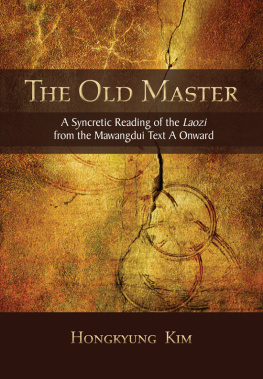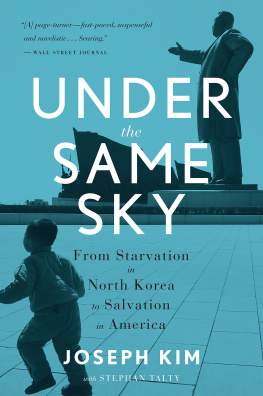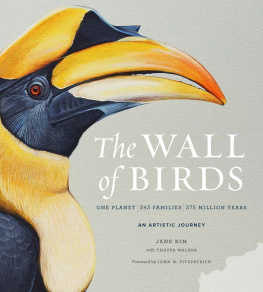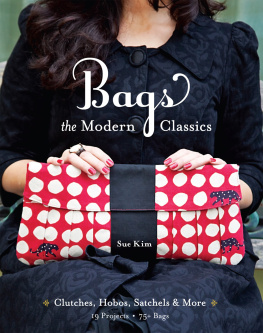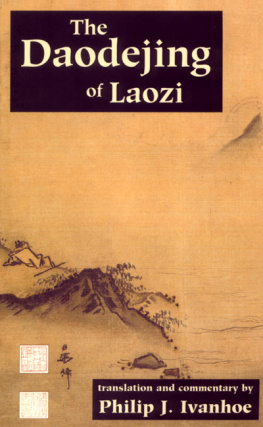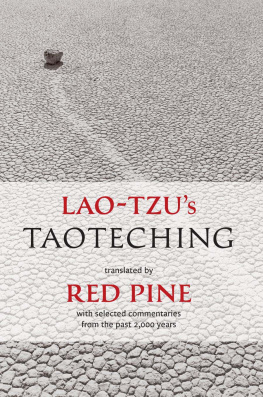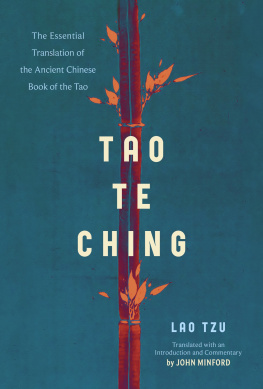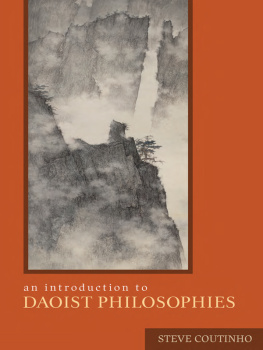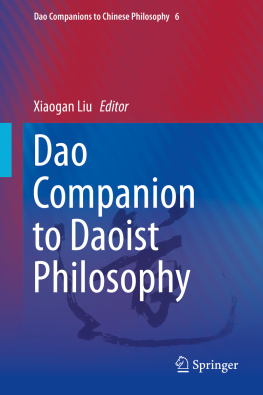SUNY series in Chinese Philosophy and Culture
Roger T. Ames, editor
THE OLD MASTER
A Syncretic Reading of the Laozi from the Mawangdui Text A Onward
HONGKYUNG KIM

Published by State University of New York Press, Albany
2012 State University of New York
All rights reserved
Printed in the United States of America
No part of this book may be used or reproduced in any manner whatsoever without written permission. No part of this book may be stored in a retrieval system or transmitted in any form or by any means including electronic, electrostatic, magnetic tape, mechanical, photocopying, recording, or otherwise without the prior permission in writing of the publisher.
For information, contact State University of New York Press, Albany, NY
www.sunypress.edu
Production by Eileen Meehan
Marketing by Michael Campochiaro
Library of Congress Cataloging-in-Publication Data
Kim, Hongkyung.
The old master : a syncretic reading of the Laozi from the Mawangdui text A onward / Hongkyung Kim.
p. cm.
Includes bibliographical references.
ISBN 978-1-4384-4011-8 (hardcover : alk. paper)
1. Laozi. Dao de jing. I. Laozi. Dao de jing. English. II. Title. III. Title: Syncretic reading of the Laozi from the Mawangdui text A onward.
BL1900.L35K5 2012
299.5'1482dc23 2011021203
10 9 8 7 6 5 4 3 2 1
ACKNOWLEDGMENTS
In the received editions, the Laozi says, Many words lead to an early misery. This passage appears differently in this book because the Mawangdui texts, the base texts of my translation, contain a different wording. I would like to cite it here, however, because my foremost acknowledgements go to the invaluable accomplishments of the studies on the traditional Laozi. The classic texts, the ancient commentaries, and the historical researches of the Laozi were my true companions through the long course of this project. I cite the passage also because I respect and follow its teaching at least here in the acknowledgments: I used many words for my interpretation of this poetic classic. Notwithstanding, I need to engrave the names of supporters on this book, without whom this book would not have come out. I have always been grateful for their help: to my editors, Nancy Clough and Rachel Moore Jenkins, for their meticulous proofreading; to my colleagues Sung Bae Park, Sichun Kim, Gregory Ruf, and Chris Filstrup for their reading of and invaluable advice on my manuscript; to the unknown reviewers of my manuscript for their productive comments; to the Center for Korean Studies at SUNY at Stony Brook for both tangible and intangible supports; to Nancy Ellegate and Eileen Meehan from the SUNY Press for their incalculable help; and to my family for being with me all the time.
INTRODUCTION
Four main characteristics distinguish this book from other translations of Laozi. First, the base of my translation is the oldest existing edition of Laozi. It was excavated in 1973 from a tomb located in Mawangdui, the city of Changsha, Hunan Province of China, and is usually referred to as Text A of the Mawangdui Laozi because it is the older of the two texts of Laozi unearthed from it. Third, I have made extensive use of old commentaries on Laozi to provide the most comprehensive interpretations possible of each passage. Finally, I have examined myriad Chinese classic texts that are closely associated with the formation of Laozi, such as Zhuangzi, Lshi Chunqiu (Spring and Autumn Annals of Mr. L), Han Feizi, and Huainanzi, to understand the intellectual and historical context of Laozi's ideas.
In addition to these characteristics, this book introduces several new interpretations of Laozi. For example, I assert that Laozi should be recognized as a syncretic text before being labeled as a Daoist one, that it must have been completed sometime between 286 BCE and the time when Text A was written, and that Laozi was compiled in the Qin, which many have viewed as typical of Legalist states. Also, I see Laozi as basically a political text, fitting to answer the prevailing question among intellectuals when it was completed, How does one rule? Of course, this book could reach out to a broader scope of audience by switching the question to, How does one live? Despite the possible self-propagation of the question of this sort, Laozi, in my perspective of textual interpretation, will remain as a text practical and thereby conforming to the Chinese practical reason.
MAWANGDUI LAOZI
Among extant editions of Laozi deemed ancient are the Wang Bi (226249), the Heshanggong (the old man by the river), the Yan Zun (ca. 5324 BCE), and the Fu Yi (553639) editions. More important, the Mawangdui texts precede the emergence of the old texts from which the intricate philological debates of the Chinese classic texts arise.
The old texts came on the scene during the Western Han (206 BCE9 CE) after most ancient classics had perished through the Book Burning in the Qin dynasty. Written in a more ancient script than that used in the Western Han, they have been called the old texts. According to the two following records in Hanshu (Book of Han), two princes of Emperor Jing (r. 156141 BCE), King Gong of Lu and King Xian of Hejian, collected them:
The old text of the Documents was discovered in a wall in Confucius's old residence. At the end of Emperor Wu's rule, King Gong of Lu wanted to expand his court by demolishing Confucius's house, and happened to obtain several dozens of texts, including the old text of the Documents, the Record of Rites, the Analects, and the Classic of Filial Piety. They were all written in ancient scripts. When the king entered the house, he heard the sounds of drums, bells, lutes, zithers, and stone chimes in the air. (30: 1706)
King Xian of Hejian whose name was De was anointed as king in the second year of Emperor Jing's reign. [W]hen he obtained an excellent edition from the people, he certainly copied it well, and gave the copy back to the people, keeping the original. [T]he books he obtained were all written in ancient scripts as old as those preceding the Qin dynasty, such as Zhouguan (Offices of Zhou), the Documents, the Rites, the Record of Rites, Mencius, and Laozi. All of them represent what is recorded in the classics, their commentaries, and what Confucius's seventy disciples discussed. His study included the six Confucian disciplines, and he established the positions of the Erudite for Mao Shi (Poetry of Mr. Mao) and Zuozhuan (Mr. Zuo's Commentaries on the Spring and Autumn Annals). (53: 2410)
The books listed in these two records pertain to the old texts in the philological controversy of the Chinese classic texts. In addition to these books, Feishi Yi (Changes of Mr. Fei), the base text for the extant Changes, also belongs to the old texts because its name appears only in Rulin zhuan in Hanshu, the record of Confucian tradition written in the Later Han (25220), not in Rulin liezhuan in Shiji (Records of the Historian) composed in the Former Han (206 BCE8 CE).
Thus, almost all of the significant Chinese classic texts are classified as the old texts. This is because the tradition of the new texts, which once dominated the Han academia, was initially suppressed by Wang Mang (45 BCE23 CE), the usurper and the only emperor of the Xin dynasty (923 CE), and nearly became extinct after the old texts gained official support from the Wei and Jin dynasties (220420). Even though the old texts have prevailed ever since, their origins are questionable, so the disputes over the classics have continued.

